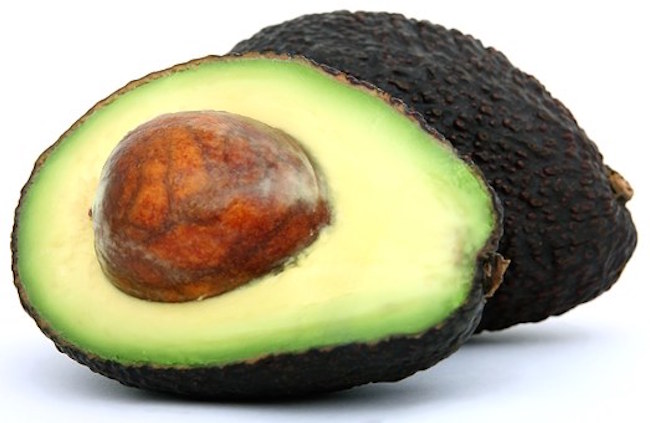Incorporating magnesium-rich foods into your diet helps reduce insulin resistance even if you don’t have diabetes By Divina Ramirez for Prevention
Magnesium is an essential nutrient that contributes to overall health. It plays a key role in several bodily processes, including the regulation of muscle and nerve function, blood sugar and blood pressure control, protein synthesis and the formation of strong bones.
Multiple studies have found that magnesium helps reduce insulin resistance — a major factor in the development and progression of Type 2 diabetes — in both diabetic and non-diabetic individuals.
In fact, a recent review published in Pharmacological Research revealed that supplementing with magnesium for more than three months reduces insulin resistance and fasting blood glucose levels, even in people without diabetes.
Magnesium supplementation reduces insulin resistance
The review covered 21 randomized controlled trials (RCTs) that evaluated the effects of magnesium on insulin sensitivity and glucose control in both diabetic and non-diabetic participants.
Participants involved in the RCTs supplemented with magnesium for one to six months. Magnesium dosage ranged from 300 milligrams (mg) to 600 mg per day.
In all the RCTs, researchers assessed the impact of magnesium supplementation on the participants’ plasma glucose, glycated hemoglobin (HbA1c), which indicates the amount of glucose attached to hemoglobin, and insulin, the hormone that regulates the amount of glucose in the blood.
The results showed that magnesium supplementation for more than three months significantly reduced fasting blood glucose and insulin levels in both diabetic and non-diabetic participants.
Overall, the findings suggest that magnesium is a promising supplement for people who have or are at great risk of glucose metabolic disorders like Type 2 diabetes.
High dietary magnesium intake improves insulin resistance
In 2013, researchers from the Memorial University of Newfoundland in Canada also examined the impact of magnesium on insulin resistance in healthy participants with no history of chronic diseases.
The researchers first assessed the participants’ dietary patterns using food frequency questionnaires. They then fed the responses into a program that calculated each participant’s daily intake of magnesium.
The results showed that participants with a higher intake of magnesium had lower insulin levels. They were also either overweight or obese.
These findings suggest an inverse relationship between magnesium intake and insulin resistance. They also show that overweight or obese individuals can benefit more from increasing their intake of magnesium-rich foods.
In fact, researchers at the Harvard T.H. Chan School of Public Health in Boston, Massachusetts also report that eating a diet rich in magnesium can reduce the risk of Type 2 diabetes because of magnesium’s impact on insulin sensitivity.
Magnesium deficiency leads to insulin resistance
Conversely, recent studies have linked magnesium deficiency to insulin resistance and a greater risk of diabetes. For instance, a review published in the World Journal of Diabetes revealed that not getting enough magnesium through diet and losing it through increased urination — a symptom of Type 2 diabetes — results in lower levels of the mineral inside the body.
In turn, having low levels of magnesium can lead to a terrible cycle of glucose metabolism problems. As such, magnesium deficiency may lead to or exacerbate insulin resistance, as well as heighten an individual’s risk of Type 2 diabetes.
Magnesium-rich foods
The U.S. Department of Health and Human Services recommends that the average adult get at least 310–420 mg of magnesium every day from magnesium-rich foods.
Listed below are some of the best sources of magnesium:
- Pumpkin seeds
- Chia seeds
- Spinach
- Peanuts
- Potato
- Carrot
- Yogurt
- Banana
- Avocado
- Black beans
- Chicken breast
Insulin resistance is a major feature of Type 2 diabetes. But it can be prevented by regularly consuming foods rich in magnesium as part of a balanced diet.




